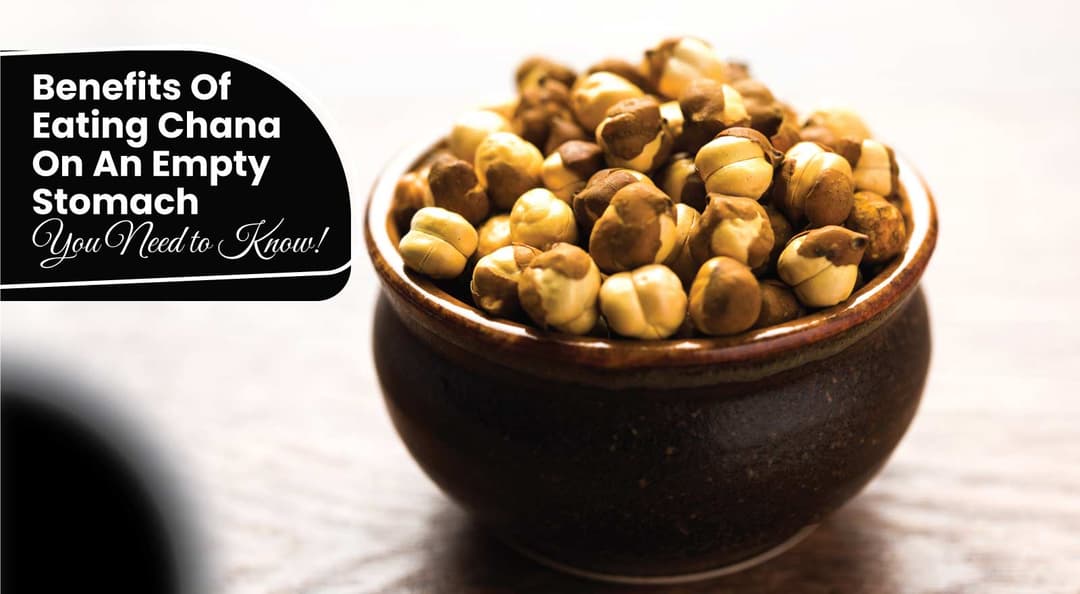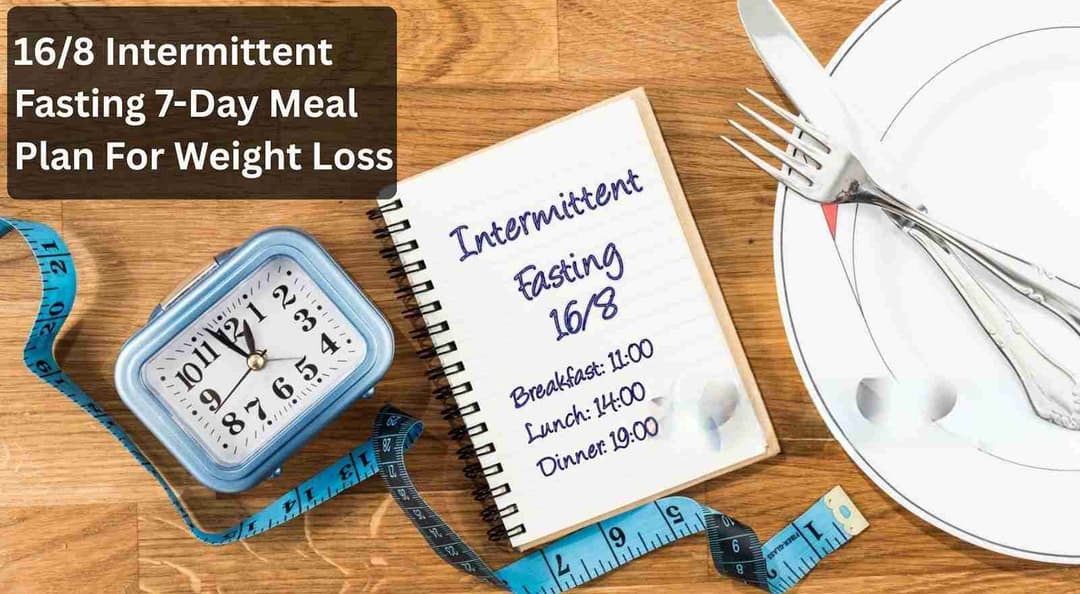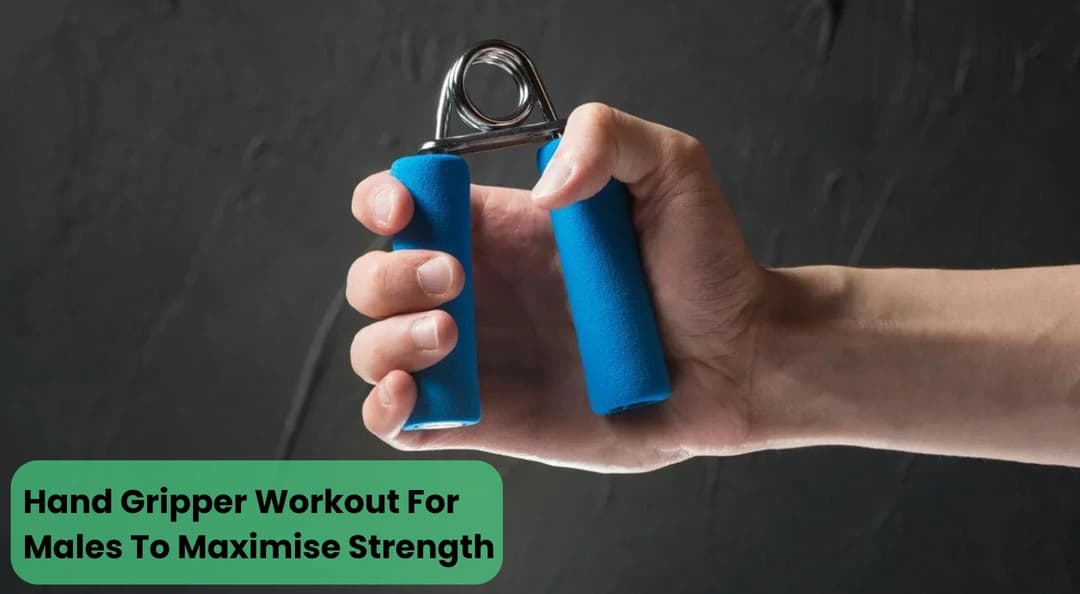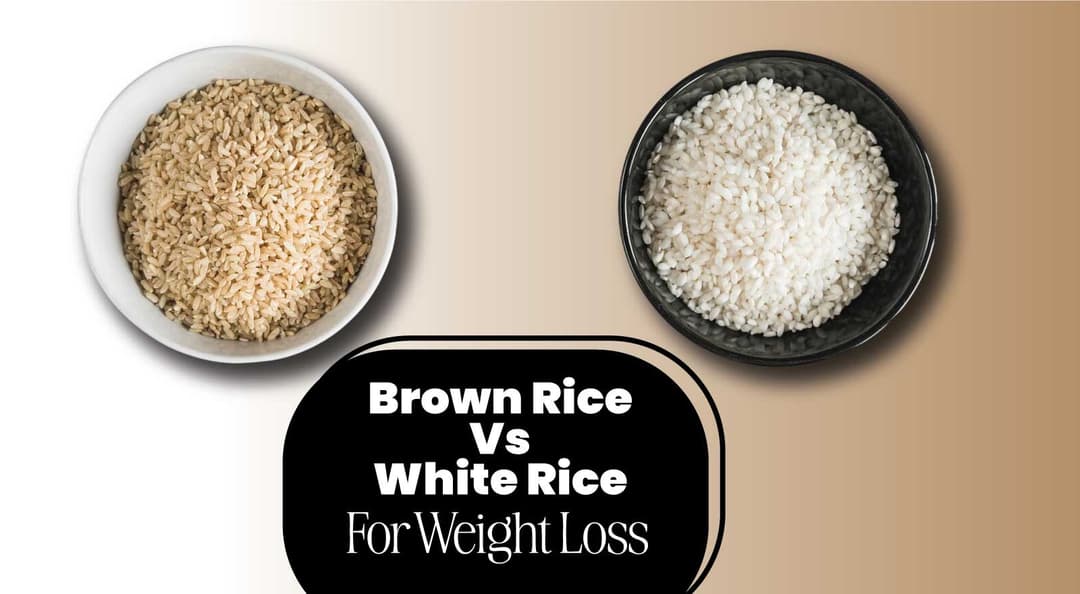Did you know that about 60% of adults experience leg cramps at night?
Calf muscle pain can be a pesky problem, especially when it strikes at night. Many people experience nighttime leg cramps, also known as nocturnal leg cramps, which can make sleeping a challenge. These cramps often occur when the calf muscles tighten suddenly, causing sharp pain. This condition is medically referred to as muscle spasms or cramping myopathy.
The causes of calf muscle pain can come from many different sources, such as dehydration, pushing yourself too hard, or nerve damage. Often called myalgia (muscle pain) or tendonitis (inflammation of the tendons), this discomfort can start from simple problems like insufficient blood flow. It can also be linked to more serious issues like peripheral artery disease (PAD), which limits blood flow. In rare instances, this is even linked to diabetes or hormonal imbalances.
The good news? Many of these causes have easy solutions! Every step forward is progress, even if it hurts a little. That’s right—calf muscle pain doesn’t have to hold you back.
So, here in this article, we will discuss the causes of calf muscle pain and share effective treatment options to help you find relief. Let’s enter the calf muscle care world and discover how to treat them effectively.
Table Of Contents
- 9 Surprising Causes of Calf Muscle Pain You Didn't Expect
- What Are The Effective Treatment Options For Calf Muscle Pain?
- Why Am I Experiencing Leg Cramps At Night?
- Expert’s Advice
- The Final Say
- FAQs
- References
Wondering Why Your Calves Are Causing You So Much Discomfort?
9 Surprising Causes of Calf Muscle Pain You Didn't Expect

The causes of calf muscle pain can sometimes be as unexpected as simply a lack of stretching exercises or tightened muscles. However, sometimes, they require some preventive measures.
Let’s look at some of the causes of calf muscle pain in detail:
1. Muscle Cramps
Although they are typically brief, calf muscle cramps can be extremely painful. Cramping in the calf muscles can be caused by:
- Dehydration
- Loss of electrolytes through sweating
- Lack of stretching
- Prolonged physical activity
- Weak muscles
- Muscle soreness
2. Muscle Strain
A strained calf muscle happens when the calf's muscle fibres are ripped either whole or partially. Depending on how severe the strain is, different people will have different symptoms, but most will have abrupt, acute pain and soreness in the calf muscle.
3. Arterial Claudication
A person may experience calf pain due to narrowing or blockage of the arteries that supply blood circulation to the legs. This is known as arterial claudication.
Arterial claudication can cause pain when walking because this movement requires blood flow to the lower extremities. A person may get calf pain if their blood becomes claustrophobic, or difficult to flow through. When walking for a few minutes, an individual with vascular claudication experiences pain instead of discomfort while at rest.
4. Neurogenic Claudication
A condition known as neurogenic claudication is the result of pinched nerves that impair the legs' capacity to communicate with the lower limbs.
Spinal stenosis is a disease that frequently results in neurogenic claudication. This disorder develops when the spine's bones narrow, putting more pressure on the nerves. Neurogenic claudication includes conditions like sciatica.
Neurogenic claudication symptoms include calf soreness in addition to the following:
- Pain when walking
- Pain after standing for a long time
- Discomfort that also affects the buttocks, lower back, or thighs
- Usually, pain in the waist gets better when one bends forward
Also Read: 5 Safe Exercises For Herniated Disc To Give You Pain Relief And Strengthen Your Back
5. Achilles Tendinitis
Tough and fibrous, the Achilles tendon joins the heel bone to the calf muscle. A person's Achilles tendon may experience more pressure if their calf muscles are extremely tight. One could consequently feel soreness in the calves.
Achilles tendonitis is more common in people who are conducting repetitive workouts or who have just started an exercise regimen. Stretching frequently can help reduce symptoms.
6. Compartment Syndrome
A person may develop compartment syndrome, a painful disorder that primarily affects the calf muscle or both legs, following trauma or a serious accident.
It happens when an excess of blood or fluid builds up beneath a band of stiff, non-stretching bodily tissue. This fluid puts more strain on the blood vessels and nerves in the lower leg, which results in tingling, numbness, and discomfort.
Chronic or exertional compartment syndrome is another type of the condition. This kind happens when someone gets hurt while exercising. Chronic compartment syndrome is characterised by numbness, apparent muscular hypertrophy or bulging, and difficulties moving the leg.
7. Diabetic Neuropathy
Diabetic neuropathy is a medical disorder characterised by nerve damage in individuals with diabetes. High blood sugar can damage the neurological system; this usually affects the hands and feet first.
There are instances when the tingling and numbness send a sharp ache or discomfort down the length of the calf muscles. Yoga for diabetes is an effective method to prevent this, as it balances blood sugar levels and ensures proper circulation to the calf muscles.
8. Varicose Veins
Enlarged veins that resemble ropes and frequently protrude from the legs are known as varicose veins. They appear when a person's veins get damaged to the point that blood can start flowing backwards.
Factors that contribute to varicose veins include:
- Age
- Family history of varicose veins
- Hormonal fluctuations
- Pregnancy
- Obesity
- Lack of physical activity
Legs are the most typical location for varicose veins, which can hurt and cause throbbing, cramping, and agony.
9. Deep Vein Thrombosis
A blood clot that forms in one of the leg veins causes deep vein thrombosis (DVT). This illness can impair leg blood flow and result in excruciating discomfort. Individuals who have high blood pressure or blood clotting issues or who have been sitting for extended periods of time—such as when travelling—are more susceptible to developing deep vein thrombosis. DVT involves calf pain that is usually worse when standing or walking. The leg may also swell and have a red or inflamed area due to problems with blood flow.
What Are The Effective Treatment Options For Calf Muscle Pain?
Here are some effective techniques and treatment methods to relieve calf muscle pain:
| Go For Physiotherapy | Physiotherapy is an effective method for alleviating calf muscle pain. Its main goal is to locate the source of the discomfort. After evaluating your condition, a physiotherapist will design a customised treatment plan, including the necessary physiotherapy exercises. |
| Do Stretching Exercises | Stretching exercises can help improve calf muscle flexibility and reduce pain. |
| Engage In Strength Training | Strength training can help improve calf muscle strength and stability, which can help reduce pain. |
| Try Manual therapy | Myofascial release, trigger point therapy, and massage are a few techniques that can help reduce muscle tension and enhance circulation. |
| Consider Ultrasound Therapy | Sound waves are used in ultrasound therapy to heat muscular tissue, which helps lessen pain and inflammation. |
| Taping | By giving the calf muscles support and stability, taping can help lessen pain. |
| Try Ice or Heat Therapy | Heat therapy can improve blood flow, ease muscle tension, and lessen discomfort, while ice therapy can help with inflammation and pain relief. |
| Dry Needling | Dry needling uses thin needles to release muscle tension, improve circulation and reduce pain. |
| Go For Medical Ultrasound | Medical ultrasound is used to visualise the underlying muscle and tendons, helping to identify muscle tears, strains, and other problems that can cause calf muscle pain. |
| Use Proper Footwear And Prosthetics | Proper footwear for everyday activities can reduce stress on the calves. Orthotics may occasionally be used to correct any foot or ankle problems that may be contributing to calf muscle pain. |
| Maintain Adequate Hydration And Nutrition | Maintaining adequate hydration and a balanced diet rich in vitamins and minerals will help avoid muscle cramps and speed healing. |
| Do Warm-up and Cool-down Procedures | Proper warm-up exercises before a workout and cool-down procedures after finishing your routine can prevent calf injuries before and after physical activity. |
| Do Compression and Elevation | A compression bandage can help minimise swelling in the calf. Elevating your leg above the level of your heart also helps reduce swelling. |
| Take Pain Relievers | Acetaminophen or ibuprofen, two over-the-counter pain relievers, can help reduce discomfort and inflammation. Use these drugs exactly as prescribed, and if the pain doesn't go away, speak with your doctor. |
| Treat Underlying Medical Conditions | Treating the underlying cause is crucial for calf discomfort brought on by illnesses such deep vein thrombosis or peripheral artery disease. This may include medicines to improve blood flow or anticoagulants to treat clots. |
| Surgery | Surgery may be necessary in cases where conservative treatment fails or for conditions such as compartment syndrome or severe Achilles tendon problems. |
Also Read: Follow These 5 Best Exercises For Calves And Expert-Recommended Tips For Stronger Legs
Why Am I Experiencing Leg Cramps At Night?
The cause of nocturnal leg cramps is usually unknown. In general, they are probably the result of tired muscles and nerve problems. The risk of nocturnal leg cramps increases with age. Pregnant women are also more likely to experience leg cramps at night.
Leg cramps at night may also be caused by blood flow issues, diabetic nerve damage, and kidney failure. Leg cramps that occur at night might occasionally be mistaken for restless legs syndrome. However, the circumstances are distinct. The urge to move your legs as you go to sleep is the most typical sign of restless legs syndrome. The symptoms of restless legs syndrome typically continue longer than leg cramps during the night and are not uncomfortable.
Other health problems that can sometimes be associated with nocturnal leg cramps include:
- Acute kidney injury
- Addison's disease (adrenal insufficiency)
- Alcohol use disorder
- Anemia
- Chronic kidney disease
- Cirrhosis (scarring of the liver)
- Dehydration (when the body does not have enough water and other fluids to function as it should)
- Dialysis
- High blood pressure (hypertension)
- Hyperthyroidism (overactive thyroid gland)
- Hypoglycemia
- Hypothyroidism (reduced thyroid function)
- Lack of physical activity
- Medicines, such as those used to treat blood pressure and high cholesterol problems, and birth control pills
- Muscle fatigue
- Parkinson's disease
- Peripheral artery disease (PAD)
- Peripheral neuropathy
- Spinal stenosis
- Diabetes ( both type 1 & 2)
Also Read: 5 Powerful Gastrocnemius Workouts At Home | ToneOpFit
Expert’s Advice
The key to dealing with calf pain is prevention and quick action. By following the tips and remedies discussed, such as warming up properly, staying hydrated, and using natural calf pain remedies like the RICE method, you can reduce the risk of calf pain and better manage it when it occurs. Remember that while many cases of calf pain are harmless, persistent or severe pain should always be checked by a doctor to ensure proper care and avoid serious complications.
Health Expert
Lavina Chauhan
The Final Say
The causes of calf muscle pain can be many, such as muscle strain or medical conditions. Effective treatment often includes rest, medication, and physical therapy. To prevent calf pain, stretch regularly, wear supportive shoes and ensure proper hydration. Always listen to your body and adjust your activities accordingly.
FAQs
1. Is calf muscle pain a sign of a serious condition?
Usually, no, but it can be a serious condition, especially if it is accompanied by swelling, redness, or warmth (which could indicate deep vein thrombosis) or persists and worsens despite rest and home treatment, indicating an underlying health problem.
2. What does calf muscle pain feel like?
Calf muscle pain typically feels like a dull ache or sharp pain in the back of your lower leg. It may also come with tightness, swelling, or difficulty moving the leg.
3. Why does my calf hurt when I walk?
Calf pain when walking can be caused by peripheral artery disease (PAD), where blood flow is restricted, leading to spasms and pain. Muscle fatigue, tension or injury are also common causes.
References
- https://www.mayoclinic.org/symptoms/night-leg-cramps/basics/causes/sym-20050813#:~:text=Most%20of%20the%20time%2C%20there%27s,to%20have%20night%20leg%20cramps.
- https://www.narayanahealth.org/blog/calf-pain-causes-treatment-and-prevention
- https://www.carehospitals.com/hi/symptoms/calf-pain
- https://www.onlymyhealth.com/calf-pain-causes-symptoms-and-treatment-of-pindli-dard-in-hindi-1615275169#google_vignette
- https://www.medicalnewstoday.com/articles/321446#stretches
- https://reliva.in/calf-muscle-pain/
About ToneOp Fit
ToneOp Fit is a platform dedicated to improving and maintaining good health through a comprehensive range of goal-oriented health plans with up to 3 Coach support. With a range of Weight Management, Medical Condition, Detox Plans, and Face Yoga Plans, the app also provides premium health trackers, recipes and health content. Get customised diet, fitness, naturopathy & yoga plans and transform yourself with ToneOp.









































